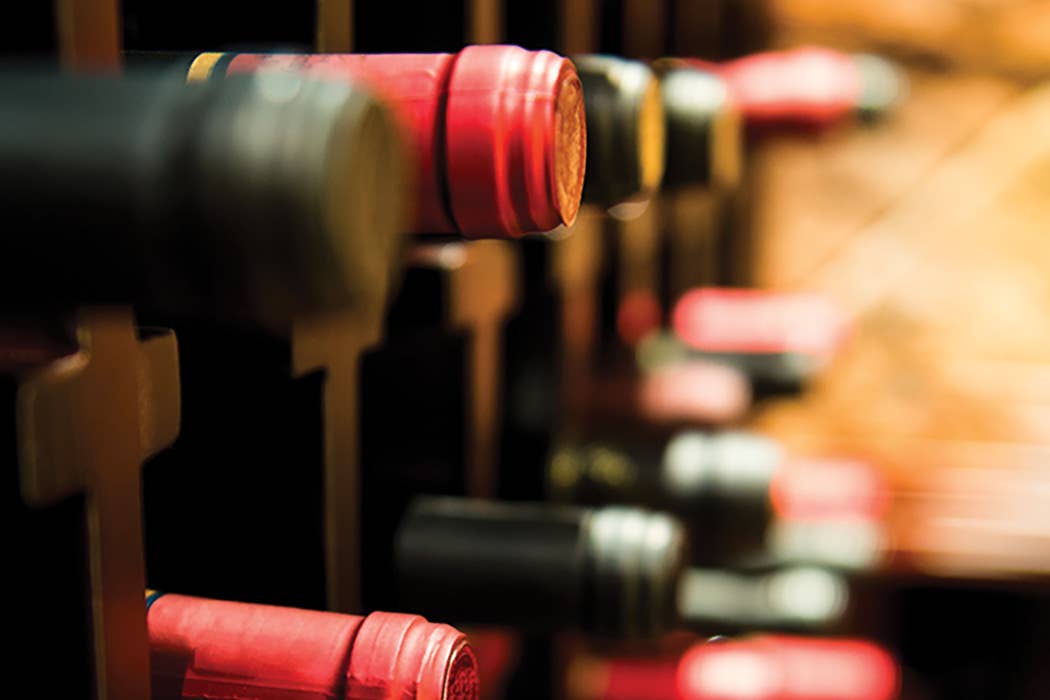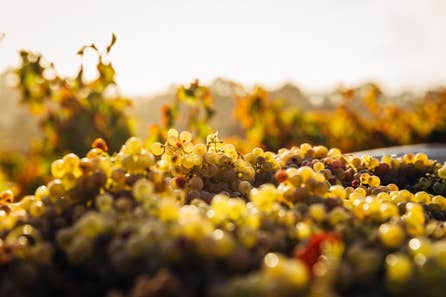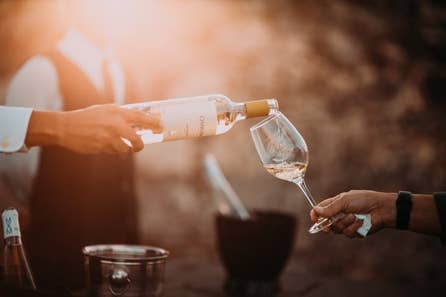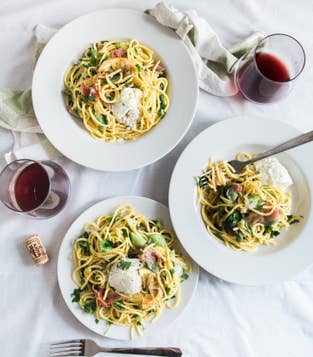Storing and cellaring wine
While many wines are great when consumed young, there are many that benefit from storing. Here are some tips to consider when cellaring wine.

Most wine bought in New Zealand is consumed within a week of purchase. This means also that the majority of wine sold has been made for immediate consumption, and is not necessarily created to be cellared for long periods of time to improve it prior to drinking.
Having said that there are plenty of good wines made in New Zealand that will age and benefit from cellaring.
For a wine to age, it needs to have one or more of the following which acts as a preservative to the wine;
- alcohol in volume greater than 15%
- tannins (the astringent character found in red wine)
- sugar (as in sweet dessert wines)
- acid (the sharp, tart sensation in your mouth)
This is why wines like port, sparkling wines, dessert wines and high tannin red wines have the ability to age for long periods of time and mature into better wines during that aging process.
It is important to remember that the wine has to be of good quality before you age it, as mediocre wine when aged just becomes old mediocre wine!
The enemies of wines aging gracefully are:
- heat
- UV light
- temperature variation
- vibration
This is why cool, constant temperature (around 12° Celsius), dark cellars away from vibration are the best places to store wine long-term and a wine rack on the top of a refrigerator in a brightly lit kitchen is the worst.
Wine, like a freshly cut apple, will oxidise and deteriorate when in the presence of air. This can be slowed down by removing the air or chilling the wine.
For left-over part bottles of wine, resealing them and putting them in the refrigerator for up to a couple of days will help preserve the wine's quality and slow down the wine's oxidation. There are several 'devices' on the market such as Vacu-vin and The Wine Preserva which will help extend the drinkablity of the wine.
Wine that has become too oxidised to enjoy, unfortunately is not suitable for cooking with. Wine you are using to cook with should be of drinkable quality as its flavour (and faults if there are any) are what the dish will absorb.

How wine is made
Just like bread, wine relies on the action of yeast to create alcohol and carbon dioxide in a process called fermentation.
1 / 0

